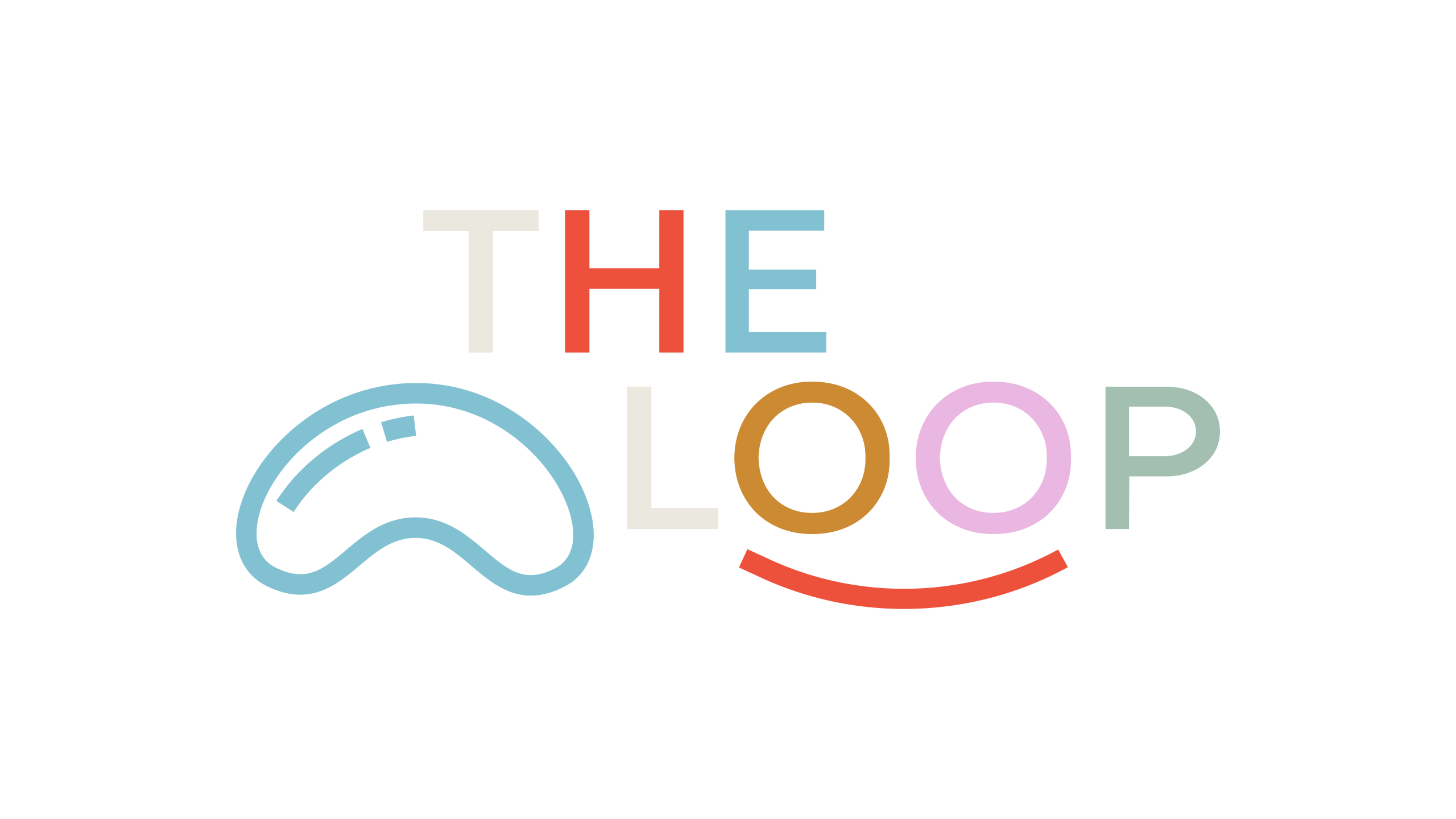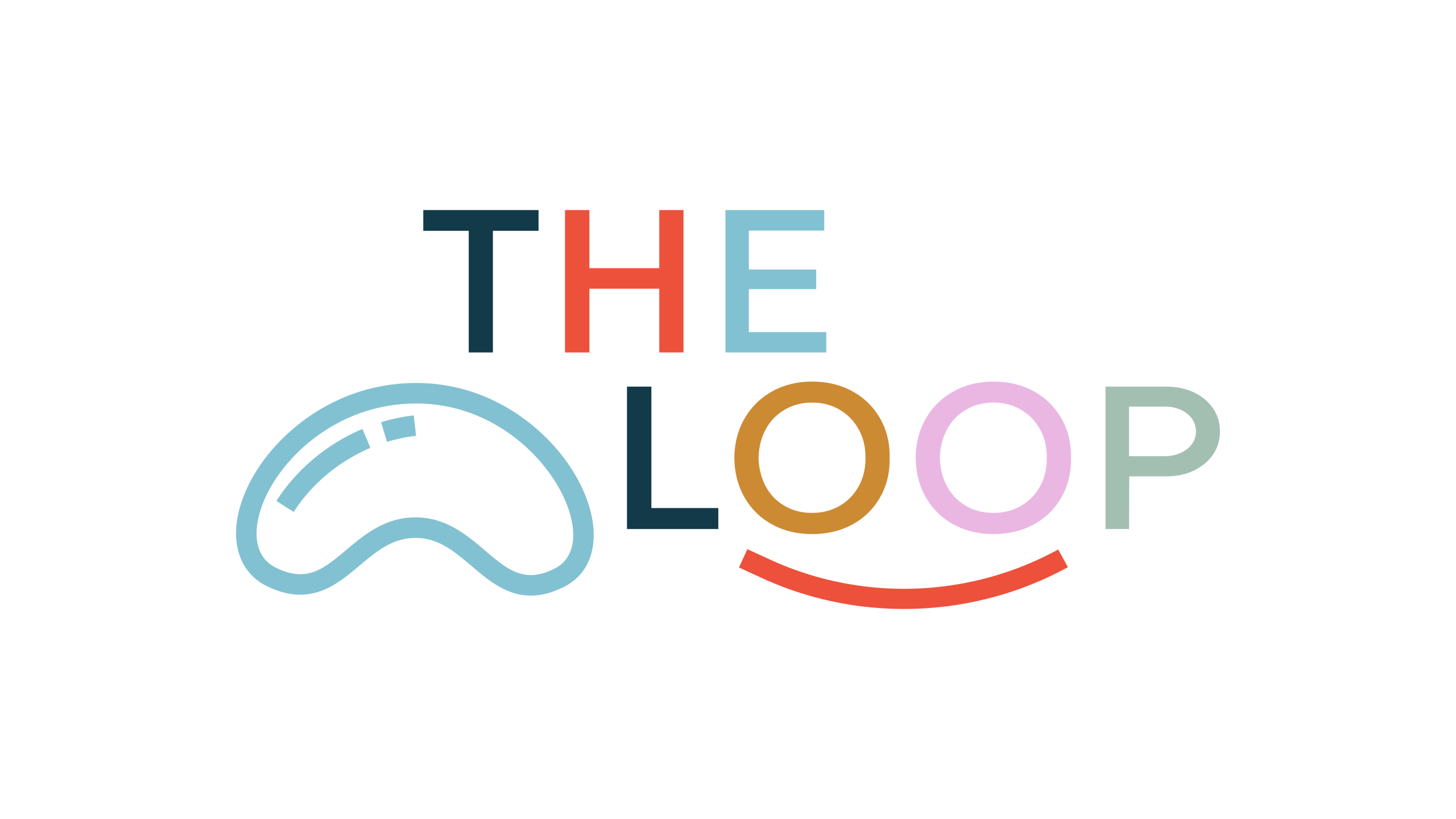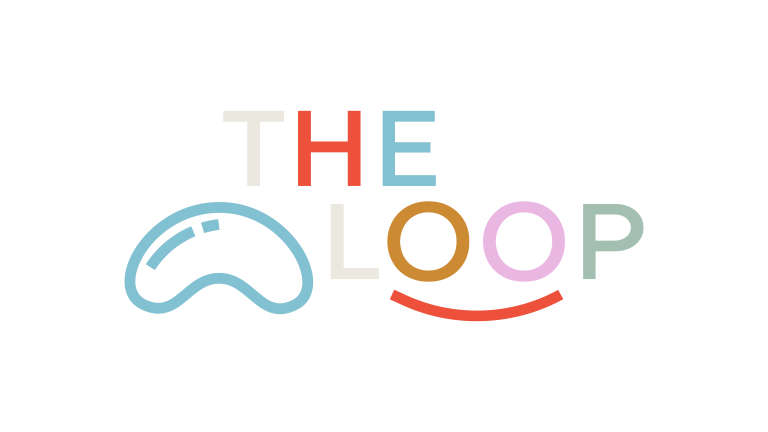
Nowadays, most of us have learned to welcome and celebrate diversity.
We’ve come to recognize that it's our differences and uniqueness that make us special. We don’t expect everyone to be exactly the same as us, and we work to be open to different perspectives, orientations, and viewpoints.
But diversity is a multifaceted concept. It can involve different cultures, races, and beliefs—and it can also apply to our internal mechanisms.
Take your brain, for example. We now recognize there’s a lot of diversity when it comes to our body’s most important organ.
Because diversity isn’t limited to what you can see on the outside. We’ve come to learn and understand that our brains are also diverse—no two are exactly alike.
Different brains also function differently. And, today, we approach brain diversity as something to be recognized and accepted—rather than misunderstood and shunned.
Because the truth is—there’s no single “right” way for you to learn and for your brain to interface with the world.
Nowadays, we’ve shifted the narrative from deficits to differences when it comes to understanding and embracing neurodiversity.
But what is neurodiversity? And what does it mean to parent a child with neurological differences?
Let’s explore the many facets of the concept of neurodiversity, to help you understand how this term is applied, what it means, and how you can best support your child with their neurological needs.
What is neurodiversity?
In her 1998 honors thesis, Singer created the term to refer to what she’d observed of the burgeoning self-advocacy movement of people on the autism spectrum.
Singer used the term to support the notion that the human nervous system is infinitely variable and diverse.
She sought to highlight the pivot away from “othering” and stigmatizing certain neurological variations and toward a neurologically inclusive model, which accepted, advocated for, and respected these differences.
With her work, the perspectives of the neurodiversity movement were brought to the foreground of the cultural conversation around human neurobiology.
According to Singer— “Neurodiversity refers to the virtually infinite neuro-cognitive variability within Earth’s human population. It points to the fact that every human has a unique nervous system with a unique combination of abilities and needs.”
This non-medical term highlights the ways brain differences impact the ways our brains work.
We all have cognitive strengths and weaknesses, and neurodivergent individuals should not be stigmatized for the unique ways their brains are made.
Instead of being viewed through a lens of normal vs. abnormal, the neurodiversity model acknowledges every brain has its own unique strengths and struggles. It celebrates neurodivergent individuals’ many areas of strength, rather than defining them by the challenges they face.
What are some examples of neurodivergent conditions?
Because our brains are so diverse, many different conditions fall under the banner of neurodiversity.
While not a medical term, neurodiversity was coined to highlight the reality that our brains can be structured and wired in many different configurations—and that these differences shouldn’t be stigmatized.
Neurodiversity encompasses a range of conditions that involve neurodevelopmental differences in the brain. These include—
Other issues that fall under the umbrella of neurodiversity include mental health conditions, such as—bipolar disorder, obsessive-compulsive disorder, social anxiety, and other mental health challenges that result from differences in the structure and function of the brain.
Because neurodiversity is so common—it stands to reason it encompasses a wide range of conditions.
But even more important than recognizing what constitutes neurodivergence is understanding why the concepts of neurodiversity and neurodivergence represent important shifts in our cultural conception of what it means to be different.
Let’s explore why neurodiversity is such an important idea and how it helps fuel inclusion.
Why is neurodiversity an important concept?
Imagine being reduced to a label.
It doesn't feel very good, does it?
You know you’re so much more than one characteristic, but people who are neurodivergent often experience being conflated with a label.
And even worse—a label that marks them as less than, lacking, faulty, or even bad.
Thankfully, the neurodiversity movement aims to change the dialogue, by modifying the othering language that was once baked into the terminology around neurodivergence.
Instead of language that denotes “less than,” the neurodiversity movement emphasizes difference vs. deviance.
All differences come with their own challenges and triumphs. Neurodiverity acknowledges that those with neurological differences possess many unique areas of strength, rather than simply focusing on any places where they struggle.
There is person-centered language (also known as person-first language), this term modification goes far beyond just language and labels. However, there has shift from the communities we serve to use identity-first language, which views a person's differences as an important part of their identity.
It highlights how neurodivergent individuals are people first. They are not defined by their learning or thinking differences. And, it acknowledges that their differences are just that—variations that make the world more colorful and interesting.
How are children with neurodiversity supported in school?
If your child is neurodivergent, you may be concerned about their ability to get the same quality educational experience as their neurotypical peers.
Thankfully, advancements in our scientific awareness and understanding of neurodiversity have bolstered our ability to identify and support neurodivergent students in overcoming learning obstacles and reaching their full potential.
Instead of removing neurodivergent students from the regular classroom, modifications and accommodations are made for them, so they can participate fully in a typical classroom setting.
Because the creative problem-solving and unique perspectives of neurodivergent students can benefit the classroom as a whole. Instead of being viewed as a hindrance to regular classroom learning, neurodivergent students can enhance the learning experience for their peers.
When we cease to conflate differences with deficits, a world of new learning paradigms and possibilities unfolds.
When you work with our team at The Loop, our expert therapists and learning specialists always ensure our treatments are customized to each individual child and family we’re serving, and designed to meet their unique needs.
We embrace neurodiversity in all its forms, and love supporting children and families with accessing the robust educational experience every child deserves.
If you’re a parent of a neurodivergent child, we’ll be happy to support you in understanding your child’s unique gifts, and we’ll guide and assist you with advocating for their educational needs.
These services are designed to support and guide families in need with successfully navigating the educational system and ensuring their child receives everything they need to reach their fullest potential.
If your child is neurodivergent, you may benefit from someone in your corner to help you advocate for their educational needs. The Loop is proud to stand by your side, to make sure your child gets the education, support, and accommodations they’re entitled to.
When your child learns and thinks differently, you want people to see their amazing gifts, instead of only focusing on their struggles.
You want someone to uplift them in any areas of their educational journey where they may have difficulty following the straight, narrow, neurotypical pathway that’s been laid out for them.
The Loop team is here for you. We always see children as unique individuals, rather than collections of symptoms. We’d never reduce a child to a diagnostic label.
We’re honored to walk with you on your journey, and pledge to provide each child and family we serve with the very best in ethical, comprehensive, customized therapy and educational support services.
That’s why we’re trusted by top Chicago private schools, who expect the best for the families who trust them with their childrens’ educational experience.
If your child is neurodiverse, remember—this issue is about differences, not deficits.
After all, the world would be a pretty boring place if every one of us thought and learned exactly the same way. Variety is the spice of life—That’s why ice cream parlors have more than one flavor on the menu.
If you could use some extra support and guidance to navigate your child’s educational needs, we're here for you! We’ll gladly keep you in the loop of your child’s progress, throughout their time with us. And, we’ll answer any questions and provide guidance for how you can best support them when they’re not at school.
Together, we’ll develop customized supports, strategies, and accommodations designed to suit your child’s unique educational needs. We’ll help you both to successfully navigate life and education with a neurodivergent brain. We’ll even advocate for your child with their teachers and relevant educational professionals, to ensure they get the holistic daily support they need to thrive in the school environment.
Because everybody needs some extra support in their corner. We’ll keep you in the loop of your child’s progress and needs, throughout their time with us. When we work as a team, there's nothing we can’t achieve.
Want to learn more? Follow us on your fav social media platforms @TheLoopSLL, fill out our contact form, or reach out directly with questions at info@theloopsll.com or via phone at 773.720.0646.


